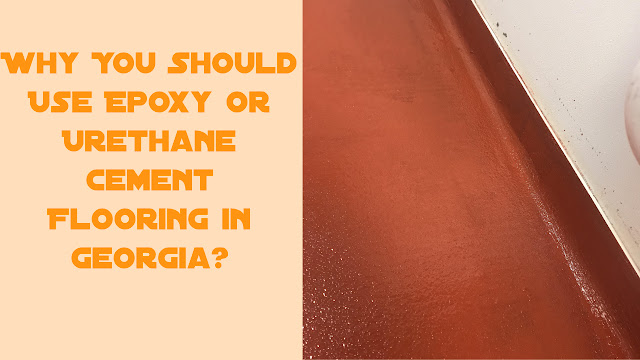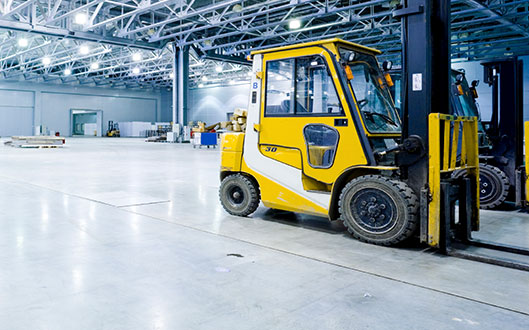Epoxy VS Urethane Floor Coatings – Which one do you need?

Different places required different flooring solutions according to the needs and requirements. In highly regulated and sophisticated industries like Pharmaceuticals and food manufacturing, the floors with resin coating concrete are the best alternative. The main requirement of a food manufacturing unit would be to get a floor that is easy to clean and super durable. So when a coating of urethane or epoxy is applied on the concrete floor, it not only makes it super durable enhancing the capability of dealing with high traffic daily but also makes it super easy to clean. A simple search about industrial flooring contractors near me and you will get tons of options to choose from and acquire knowledge from. Let us further understand the 2 prominently used flooring options- the epoxy and urethane and what flooring will suit you better. Epoxy floor coating There is 3 different formulation of an epoxy coating which includes water-based, solvent, or fully solid solutions. Epoxy ha...


